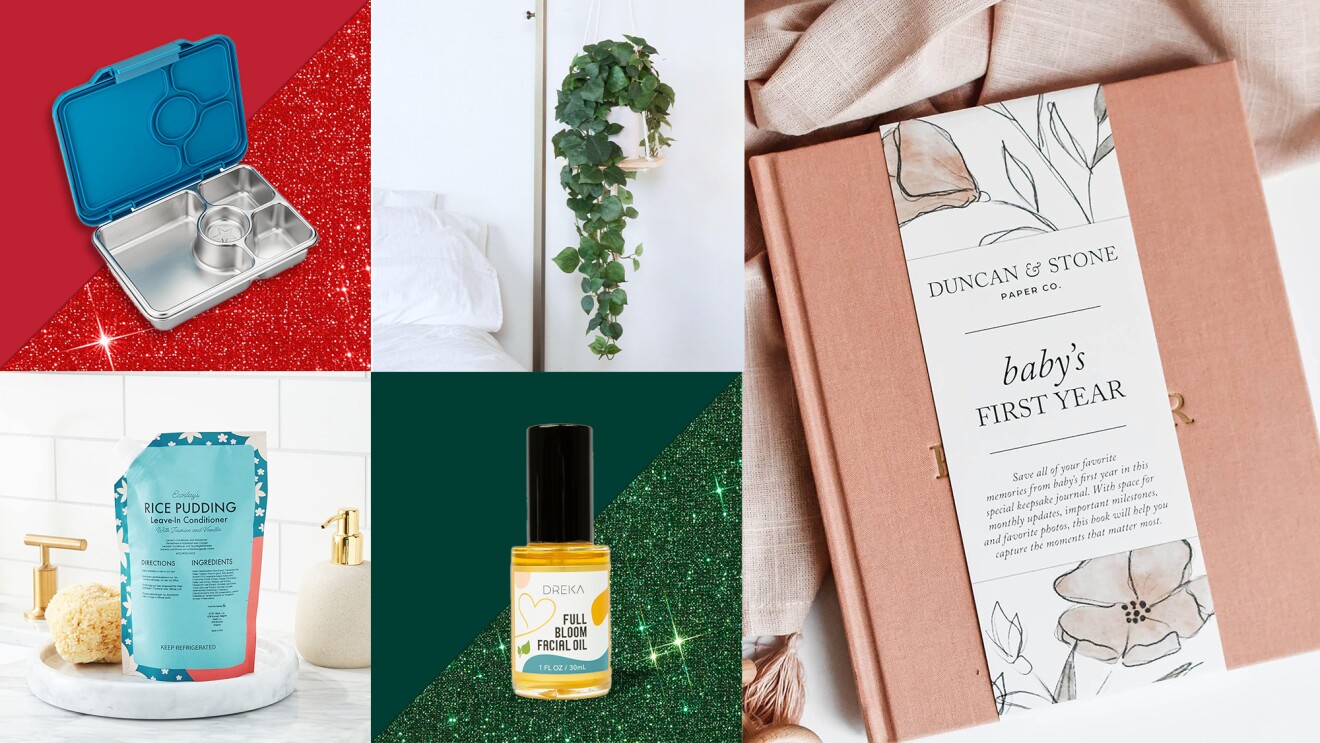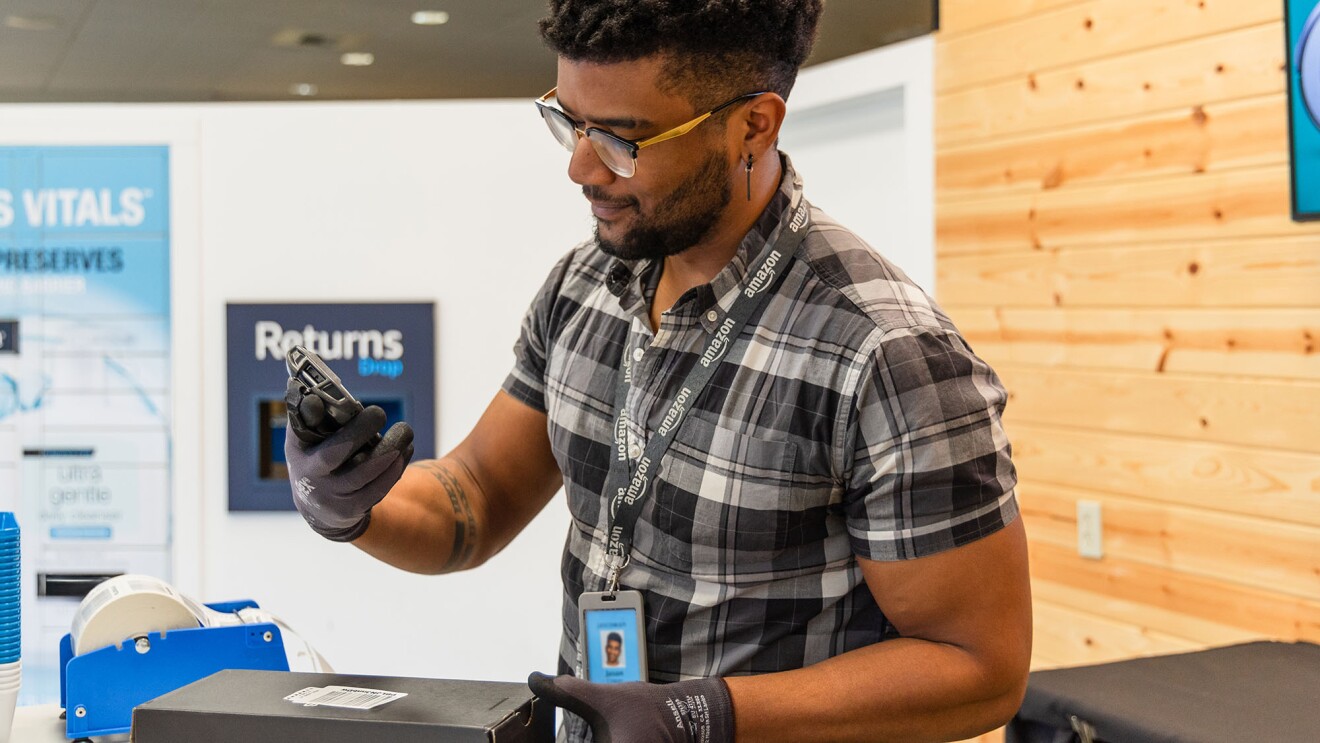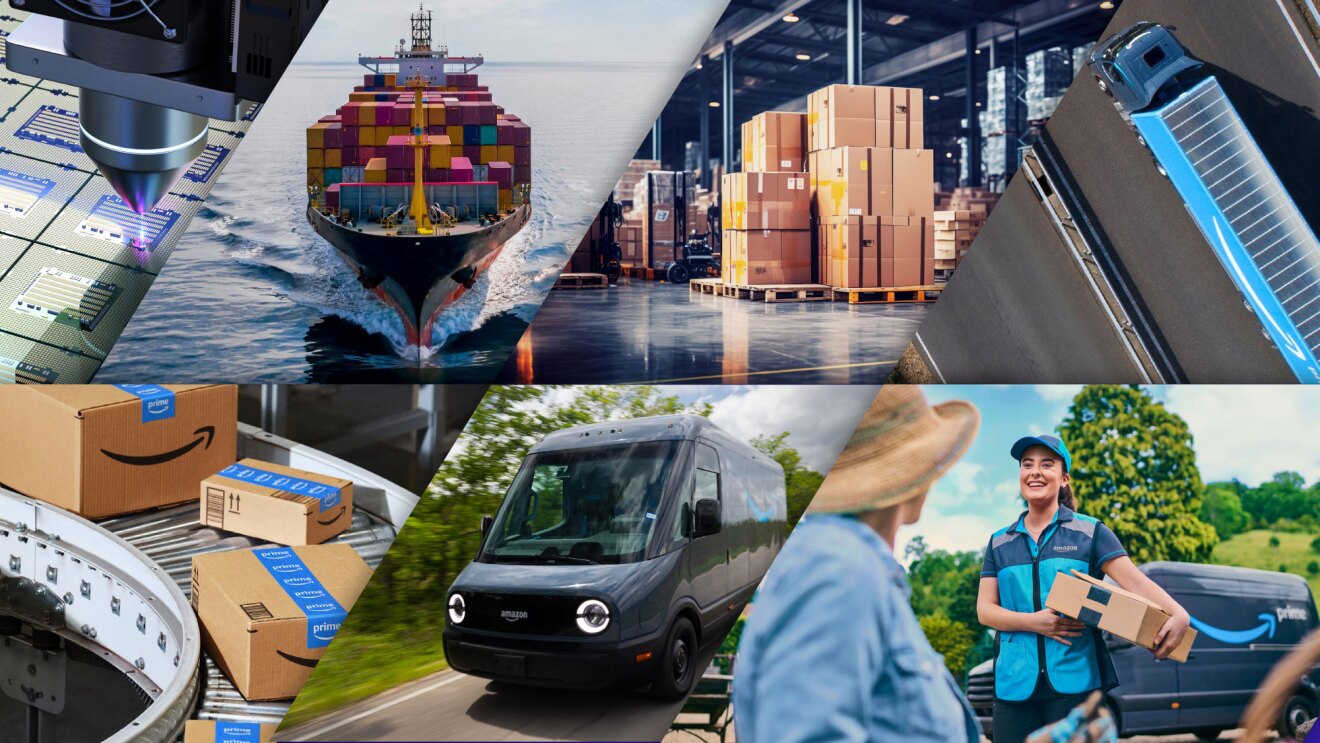At Amazon Accelerate, our largest-ever U.S. event dedicated to helping sellers succeed in our store, entrepreneurs, small business leaders, and brand owners consumed over 30,000 hours of streaming content across more than 65 sessions over three days.
In an opening fireside chat, Jeff Wilke, CEO Worldwide Consumer at Amazon, emphasized how critical our partnership with sellers is. He said, "Sellers are incredibly important to Amazon because they're important to the customer experience. And when we improve the customer experience together, it works for everybody."
In 1999, we first made virtual shelf space available in our online store to empower small and medium-sized businesses (SMBs) to sell online and help us provide customers with even greater selection, lower prices, and more convenience. It was a controversial decision at the time, and a bet that independent companies selling alongside Amazon in our store wasn’t a zero sum game. It ends up we were right. The whole pie grew, with benefits for customers, sellers, and Amazon. Over the last 20 years, sales from our selling partners have grown to account for more than half of everything sold in our store, and their sales are growing faster than our own retail sales.
At the conference, we announced that Amazon is on track to spend $18 billion in 2020 to help independent businesses reach more customers and grow sales, including investments in logistics, tools, services, programs, and people. In the next twelve months, we will provide more than 500,000 U.S. SMBs currently selling through Amazon with guidance, education, and support, and we plan to onboard an additional 100,000 U.S. businesses as new sellers in our store. In 2020, we have already released more than 135 tools and services to help sellers manage their Amazon businesses.
During the fireside chat, Amazon Vice President Dharmesh Mehta asked Wilke if it is a concern that third-party sellers outsell our first-party retail business. Wilke said, "No…We love it! It doesn't make sense for us to limit the performance of sellers in any way. Prioritizing sellers' success is just a total no brainer for us. Our goal is to help sellers thrive."
There are small and medium-sized Amazon sellers in every state, and despite the economic impact of COVID-19, many U.S. SMBs selling through Amazon have been able to thrive and grow. In the 12 months ending on May 31, 2020 American SMB sellers each had an average of over $160,000 in sales, up from approximately $100,000 a year earlier, and the number of U.S. SMB sellers that surpassed $1 million in sales grew by more than 20%. SMBs selling on the Amazon.com U.S. store support an estimated 1.1 million jobs in 2020, up from 830,000 in 2019.
"Our sales grew over 70% after the first year we joined Amazon. Amazon added a layer of credibility for us as a small business and helped us bring in new customers we wouldn't have reached otherwise," said Sara Ribner, CEO and co-founder of PiperWai, which sells charcoal deodorant made from a proprietary blend of essential oils. "During COVID, Amazon has provided stable income and allowed us to continue our give-back campaign supporting food security in NYC and hand sanitizer donations to local hospitals."
Our longstanding partnership with sellers will take center stage in the coming months. During the discussion with Wilke, Mehta highlighted plans to invest an additional $100 million to promote small businesses this Prime Day and throughout the holiday season. Last year during Prime Day, third-party sellers exceeded $2 billion in global sales. This new investment will go toward putting a spotlight on the diversity of small businesses selling in Amazon’s store, positioning them for increased sales during Prime Day and throughout the fourth quarter of the year. Further details will be announced closer to Prime Day.
Trending news and stories








